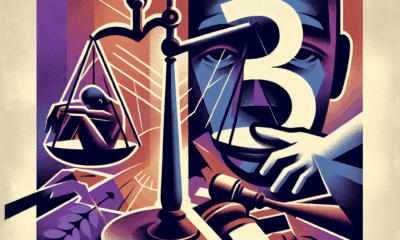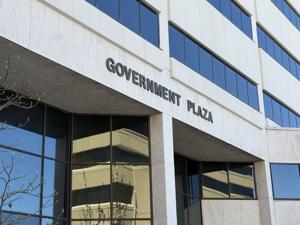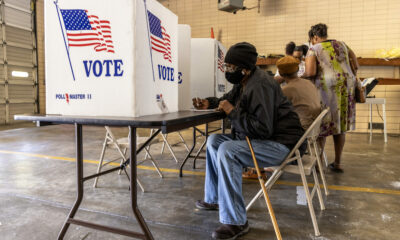(The Center Square) — Entering commission meetings looked slightly different for residents attending this week after new security measures took effect in Government Plaza last Friday.
Security has heavily increased at the Government Plaza in downtown Shreveport. Some residents were met with metal detectors and name recordings, and their pictures were taken upon entering this week’s commission meeting. While Mayor Tom Arceneaux deemed the latest security increase necessary, some residents and commission members felt differently.
Commissioner John Atkins said he is concerned it could make things difficult for residents looking to attend public meetings.
“I certainly don’t want it to become overly difficult for people to attend these public meetings and certainly to come into this people’s chamber. It shouldn’t be made overly onerous,” said Atkins.
Shreveport resident Jon Glover took the podium to voice her concerns over the nature of the security measures for a public meeting.
“I had no problem about being scanned, but I had a problem with having my picture taken, and me having to put my name into the device when I’m coming to a public meeting. I can only imagine how chaotic that would have been had it been a number of us standing,” said Glover. “I think it’s very invasive. I think it’s overreach.”
The Government plaza recently underwent stricter security through a building-wide lockdown resulting in increased screenings for those entering. Parish Administrator Erica Bryant said in order to attend commission and council meetings, residents should only be asked to go through the metal detectors. They should not be asked to do the picture and name record.
Bryant is going to look further into why this new procedure wasn’t followed for Monday’s work session.
“A lot of that is if there was something— we don’t know who the person was. We don’t have any information about them. And so that’s why some of the names are being captured when you’re going to particular floors,” said Bryant. “It’s a new process.”
If residents want to go to a different floor, Bryant said they’ll need to record their name and photo when being in different areas of the building.
The City of Shreveport, Parish of Caddo and the Caddo Parish Sheriff’s Office announced the increased security measures earlier this month.
In a statement by Mayor Arceneaux, the safety of everyone working in Government Plaza is a top priority.
“Ensuring the safety of everyone who works in and visits Government Plaza is a top priority. These new security measures are a proactive step to create a safer and more secure environment for our employees, residents, and visitors,” said Arceneaux.















































